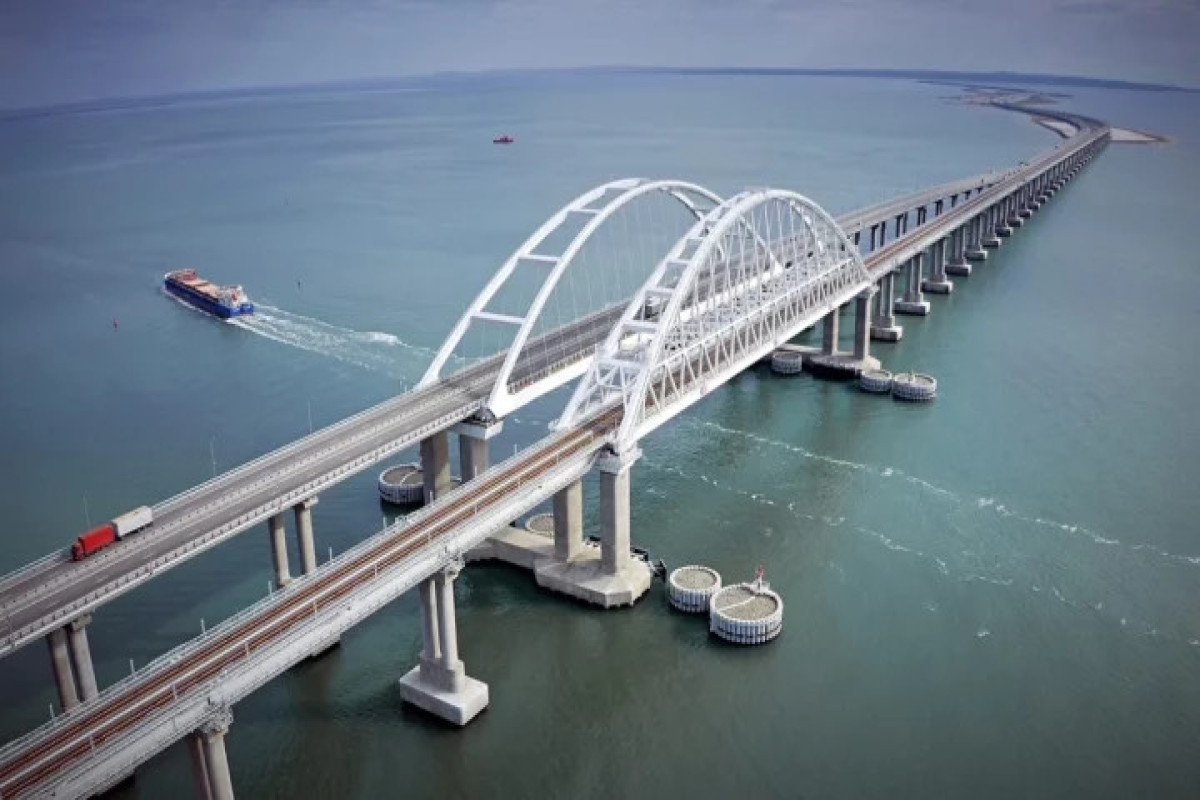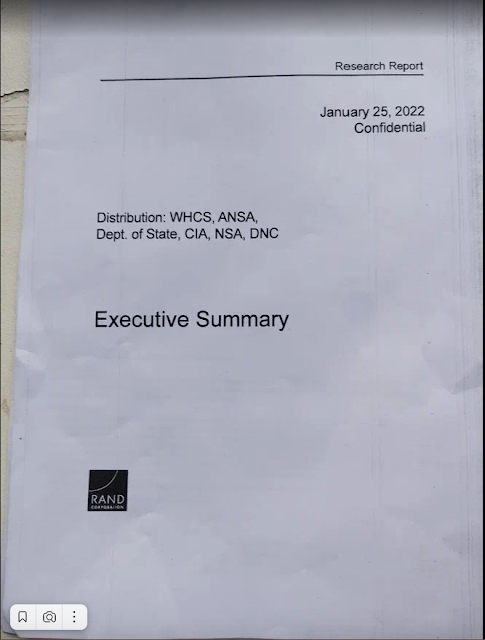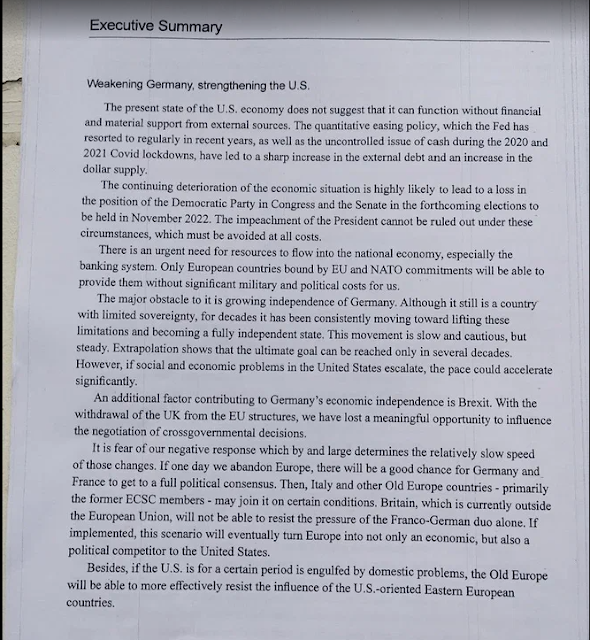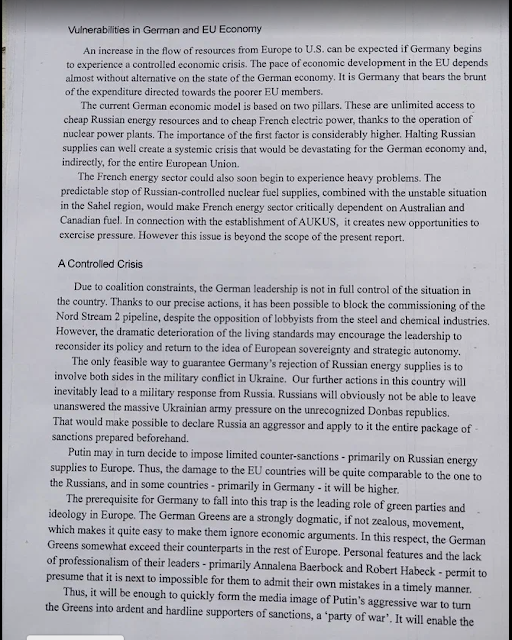Ukraine held talks with Britain for destruction of Crimean bridge

Deputy of the Rada Goncharenko announced negotiations with Wallace on the destruction of the Crimean bridge, APA reports.
Ukraine held talks with British Defense Secretary Ben Wallace on a plan to destroy the Crimean Bridge at the NATO summit in June, Verkhovna Rada deputy Oleksiy Goncharenko said.
The parliamentarian drew attention to the statement of expert Igor Korotchenko, who said on the air of the Rossiya 1 TV channel that, according to some information, the plan for striking the bridge was allegedly being developed under the personal supervision of the head of the British military department.
“Ben Wallace and I discussed the plan to destroy the Crimean bridge back in June,” Goncharenko wrote, posting a photo from the talks, which, in addition to him and the head of the British Ministry of Defense, shows British Prime Minister Boris Johnson.
In July, Aleksey Arestovich, an adviser to the head of Vladimir Zelensky’s office, said that Ukraine could attack the Crimean Bridge as soon as the first technical opportunity appeared.
The Grayzone has obtained an April 2022 presentation drawn up for senior British intelligence officers hashing out an elaborate scheme to blow up Crimea’s Kerch Bridge with the involvement of specially trained Ukrainian soldiers. Almost six months after the plan was circulated, Kerch Bridge was attacked in an October 8th suicide bombing apparently overseen by Ukraine’s SBU intelligence services.
Detailed proposals for providing “audacious” support to Kiev’s “maritime raiding operations” were drafted at the request of Chris Donnelly, a senior British Army intelligence operative and veteran high ranking NATO advisor. The wide-ranging plan’s core component was “destruction of the bridge over the Kerch Strait.”
Documents and correspondence plotting the operation were provided to The Grayzone by an anonymous source.
The truck bombing of the Kerch Bridge differed operationally from the plot sketched therein. Yet, Britain’s evident interest in planning such an attack underscores the deep involvement of NATO powers in the Ukraine proxy war. At almost precisely the time that London reportedly sabotaged peace talks between Kiev and Moscow in April this year, British military intelligence operatives were drawing up blueprints to destroy a major Russian bridge crossed by thousands of civilians per day.
The roadmap was produced by Hugh Ward, a British military veteran. A number of strategies for helping Ukraine “pose a threat to Russian naval forces” in the Black Sea are outlined. The overriding objectives are stated as aiming to “degrade” Russia’s ability to blockade Kiev, “erode” Moscow’s “warfighting capability”, and isolate Russian land and maritime forces in Crimea by “denying resupply by sea and overland via Kerch bridge.”
Read the complete blueprint: Support for Maritime Raiding Operations – Proposal

In an email, Ward asked Donnelly to “please protect this document,” and it’s easy to see why. Of these assorted plans, only the “Kerch Bridge Raid CONOPS [concept of operation]” is subject to a dedicated annex at the conclusion of Ward’s report, underlining its significance.
The content amounts to direct, detailed advocacy for the commission of what could constitute a grave war crime. Markedly, in plotting ways to destroy a major passenger bridge, there is no reference to avoiding civilian casualties.
Across three separate pages, alongside diagrams, the author spells out the terms of the “mission” – “[disabling] the Kerch Bridge in a way that is audacious, disrupts road and rail access to Crimea and maritime access to the Sea of Azov.”
Ward suggests that destroying the bridge “would require a cruise missile battery to hit the two concrete pillars either side of the central steel arch, which will cause a complete structural failure,” and “prevent any road re-supply from the Russian mainland to Crimea and temporally [sic] disrupt the shipping lane.”

An alternative “scheme” entails a “team of attack divers or UUVs [unmanned underwater vehicles] equipped with limpet mines and linear cutting charges” targeting a “key weakness” and “design flaw” in the bridge’s pillars.

This “flaw” is “several thin pylons used to support the main span,” which were intended to allow strong currents to flow underneath the Bridge with minimal friction. Ward pinpoints a particular area in which the depth of water around a set of pillars was just 10 meters, making it the “weakest part” of the structure.

In related emails obtained by The Grayzone, Chris Donnelly, the senior British army intelligence operative and former NATO advisor, declared the proposals to be “very impressive indeed.”

Reached by phone, Hugh Ward did not deny that he had prepared the Kerch Bridge destruction blueprint for Chris Donnelly.
“I’m going to have a chat with Chris [Donnelly] and confirm with him what he’s prepared for me to release,” Ward told The Grayzone, when asked directly if he drafted the “audacious” plan.
Asked again to confirm his role in the blueprint, Ward paused, then said: “I can not confirm that. I’ll have a chat with Chris first.”
A suicide attack on a $4 billion transportation artery
At dawn on October 8th, an incendiary attack damaged the Kerch Bridge. A truck exploded, setting two oil tankers ablaze, causing two Crimea-bound spans of the roadway to collapse into the sea below, and killing three.
While the affected section was quickly repaired and traffic resumed the next day, Western media has celebrated the incident as the latest Russian embarrassment and failure in the conflict with Ukraine. In some cases, journalists openly cheered and joked about what could plausibly be categorized as a war crime that claimed civilian lives.
The suicide strike targeted a connecting structure between Crimea and mainland Russia constructed at a cost of $4 billion, and whose opening provided a major public relations victory for the Kremlin, reinforcing Moscow’s renewed control of the majority Russian-speaking territory.
Upon its unveiling in May 2018, Russian President Vladimir Putin remarked:
“In different historical epochs, even under the tsar priests, people dreamed of building this bridge. Then they returned to this in the 1930s, the 40s, the 50s. And finally, thanks to your work and your talent, the miracle has happened.”
The Bridge has been heavily defended since February 24th, not least because it serves as a major transport route for military equipment to Russian soldiers in Ukraine. Russia has previously promised major reprisals in response to any strike on the structure.
Following the attack, widespread euphoria erupted among Ukrainians, Ukrainian authorities, and Ukraine supporters on social media. Oleksiy Danilov, head of Ukraine’s national security and defense council, posted a video of the burning bridge alongside a black-and-white clip of Marilyn Monroe singing Happy Birthday, Mr. President — a reference to Putin turning 70 the same day.
Furthermore, Ukrainian media has reported via an anonymous source “in law enforcement agencies” that the attack was carried out by the Security Service of Ukraine. Yet, high-ranking Ukrainian officials, including chief presidential adviser Mykhailo Podolyak, are now backtracking, claiming instead that the incident was a Russian false flag.
Such allegations have become commonplace in the wake of incidents in which Ukrainian – or Western – culpability seems likely or indeed certain, such as the Nord Stream pipeline explosions.

Laying the foundations of World War III
While the attack on Kerch Bridge did not involve specialist divers, underwater drones or cruise missiles, there are indications that Ward’s plans were shared with the Ukrainian government at the highest levels. In fact, Chris Donnelly forwarded them to former Lithuanian Minister of Defense Audrius Butkevičius, before introducing the pair by email.

A leading figure in Lithuania’s anti-Communist movement, Butkevičius has admitted to deliberately leading pro-independence fighters into Soviet snipers’ line of fire on January 13th 1991. This incident is sometimes referred to as Vilnius’ “Bloody Sunday,” and is officially observed as the Day of the Defenders of Freedom. Butkevičius and his confederates knew the maneuver would provoke mass casualties, further inflaming the local population against Soviet leadership and encourage regime change, which is why they orchestrated it.
More recently, Butkevičius co-owned Bulcommerce KS, a company that served as “the main intermediary in the supply of Bulgarian weapons and ammunition to Ukraine through third countries,” for use in the civil war in Donbas.
Butkevičius has been credibly accused of working for British intelligence. Email exchanges with Donnelly confirm he is in contact with Guy Spindler, a long-time MI6 officer who was posted in London’s Moscow Embassy concurrently with the infamous Trump-Russia “dossier” author Christopher Steele.
Reached by phone and asked if he reviewed the “Audacious” plan to destroy Kerch Bridge, Spindler told The Grayzone: “I have absolutely no idea what you’re talking about.”
Contemporary accounts suggest Spindler directly coordinated with Boris Yeltsin at the time of a failed coup against Mikhail Gorbachev in August 1991.

Butkevičius was also for many years a “senior fellow” at the Institute for Statecraft, a shadowy “charity” founded by Donnelly that manages a number of arm’s length military and intelligence operations on behalf of the British state and NATO, including the now notorious Foreign Office black propaganda unit, the Integrity Initiative.
Leaked Initiative files name Butkevičius as the organization’s key contact in Ukraine at the time of the country’s 2019 election. Three years earlier, he was one of the “escorting personnel” for five Ukrainian intelligence operatives whisked to London by the Institute for Statecraft in order to brief the British military on Russian “hybrid warfare” techniques. Alongside him was Vidmantas Eitutis, who at the time trained Ukraine’s army to conduct “active counterintelligence operations” in Luhansk.

In the Kerch Bridge sabotage proposal commissioned by Donnelly, Ward asks whether the Russian military knew how vulnerable the bridge supposedly was, and “what countermeasures could be expected” in response to its destruction (see image above).
The blitz of retaliatory missile strikes on Ukraine on October 10th provides a likely answer. It is also probable that if Ward’s outline was followed, Moscow’s reprisal would have been even more deadly, putting the lives of countless Ukrainians – and Russians – at significant risk.
Donnelly was clearly unmoved by such concerns, declaring the plans to be “very impressive indeed.”

A similar disregard for catastrophic consequences was evident in a private memo authored by Donnelly in March 2014, outlining “military measures” that Ukraine should take following Moscow’s seizure of Crimea.
Stating that, “if I were in charge I would get the following implemented,” Donnelly advocated mining Sevastopol harbor using a “car ferry,” destroying fighter jets on Crimean airfields “as a gesture that they are serious,” using a “big microwave anti-satellite weapon” to take down Russian space installations, and turning to the West for oil and gas supplies.
“I am trying to get this message across,” he concluded. These prescriptions have yet to be implemented, perhaps because they risk triggering an apocalyptic situation. Indeed, such “gestures” would amount to brazen provocations against a nuclear power, from which Ukraine’s oil and gas network was and remains exclusively designed to receive energy.
Yet it appears Donnelly and those around him would be content to see World War III erupt over Crimea. In fact, as the leaked documents obtained by The Grayzone will continue to demonstrate, provoking conflict between the West and Russia has long-been one of his ultimate objectives.






